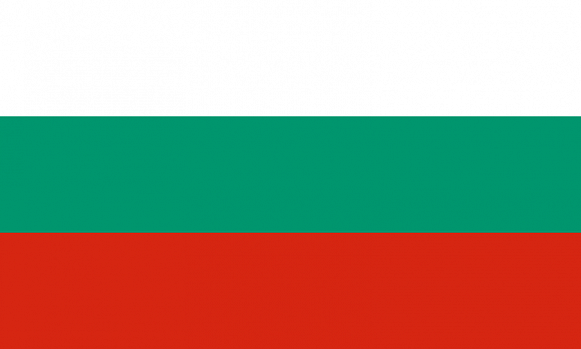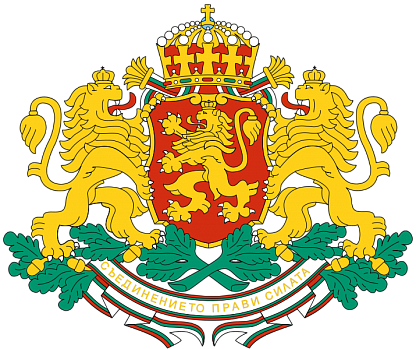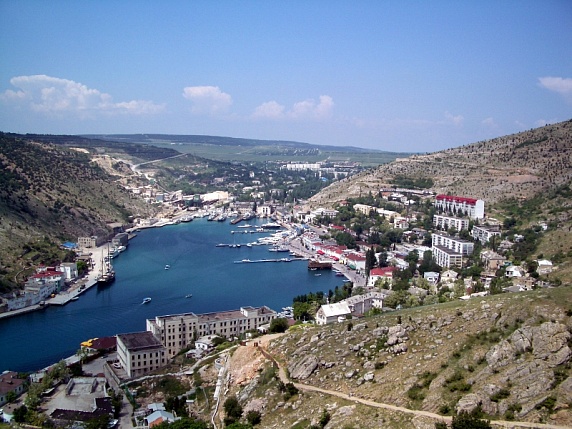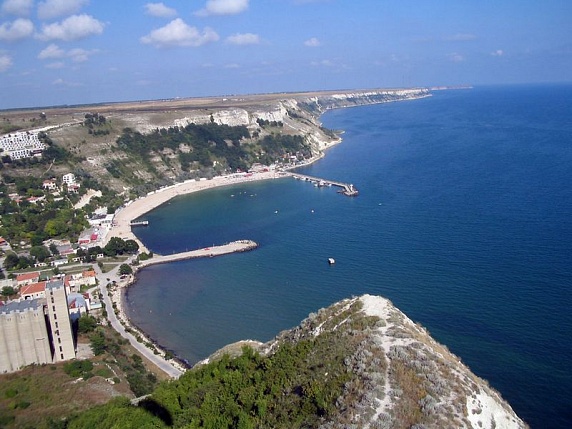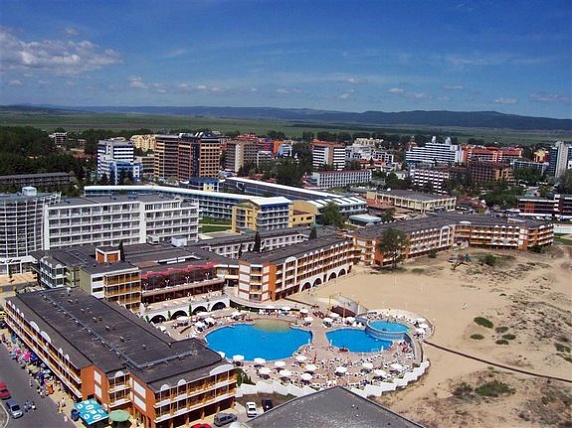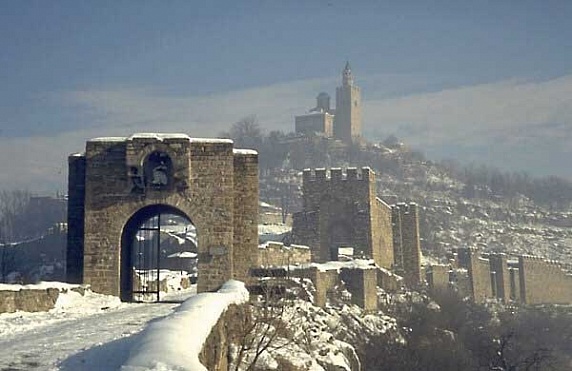 La República de Bulgaria
La República de Bulgaria
Foreign Minister Sergey Lavrov’s speech at the opening of the exhibition devoted to the 140th anniversary of Russian-Bulgarian diplomatic relations, Moscow, July 5, 2019
Your Excellencies,
Ladies and gentlemen,
Today we are opening an exhibition devoted to a remarkable date – the 140th anniversary of establishing diplomatic relations between our country and Bulgaria.
On July 7, 1879, diplomatic agent of the Russian Empire Alexander Davydov handed over his credentials to Bulgarian Prince Alexander of Battenberg. He was the first foreign representative to have done this, which further emphasised the gratitude of Bulgarians to Russia for their liberation from the Ottoman yoke. Since this date, we have kept an official record of our diplomatic relations.
Outstanding Russian diplomat Chancellor Alexander Gorchakov instructed the Russian envoy as follows: “All your concerns should be devoted to awakening the elements of Bulgarian domestic life and consolidating its independence as soon as possible.” Thus, from the very beginning, Russian policy in Bulgaria has been consistent and open. Its goal of an independent and united Bulgaria has been immutable.
Naturally enough, the Bulgarian issue was among the priorities of domestic diplomacy before that as well. Russia could not remain indifferent to the situation of Christians in the Balkans, and Bulgaria was a focal point for the Russian public in the 1860s.
Not overly sentimental, Gorchakov admitted that apart from direct vital interests Russia had traditions and national sympathies in the region, which were not indifferent to our policy. The Russian Chancellor realised the importance of Bulgaria in Russia’s policy and facilitated the appointment of charismatic and energetic Nikolai Ignatyev to a diplomatic position in Constantinople. Later on Ignatyev became infatuated with Bulgaria. I know that this talented diplomat enjoys special respect in your country, Mr Ambassador.
Our bilateral dialogue has gone through different periods and was not always smooth. However, Russia was always nearby at times of trial. It was this country that supported Bulgaria when it proclaimed independence in 1908. After World War II, the USSR consistently defended Bulgaria’s interests at the 1946 Paris Peace Conference. There are many examples to this effect.
I would like to emphasise that many foreign scholars are still unable to understand the motives of Russia’s policy in the Balkans. They probably fail to do so because they judge the situation with the traditional yardstick of narrow government interests and selfish motives. But this set of instruments accepted in the West is not enough to understand Russia. The main point is that our countries are linked by intangible but very strong threads.
Today, ties of friendship and mutual respect, common cultural and spiritual values and special emotional affinity remain a firm foundation of Russian-Bulgarian cooperation in the most diverse areas – from politics and the economy to culture and tourism.
I think the current exhibition will become a befitting contribution to the celebrations of this anniversary and will be appreciated by all those who take interest in Russian-Bulgarian relations and the Balkans in general.
Thank you for your attention.
